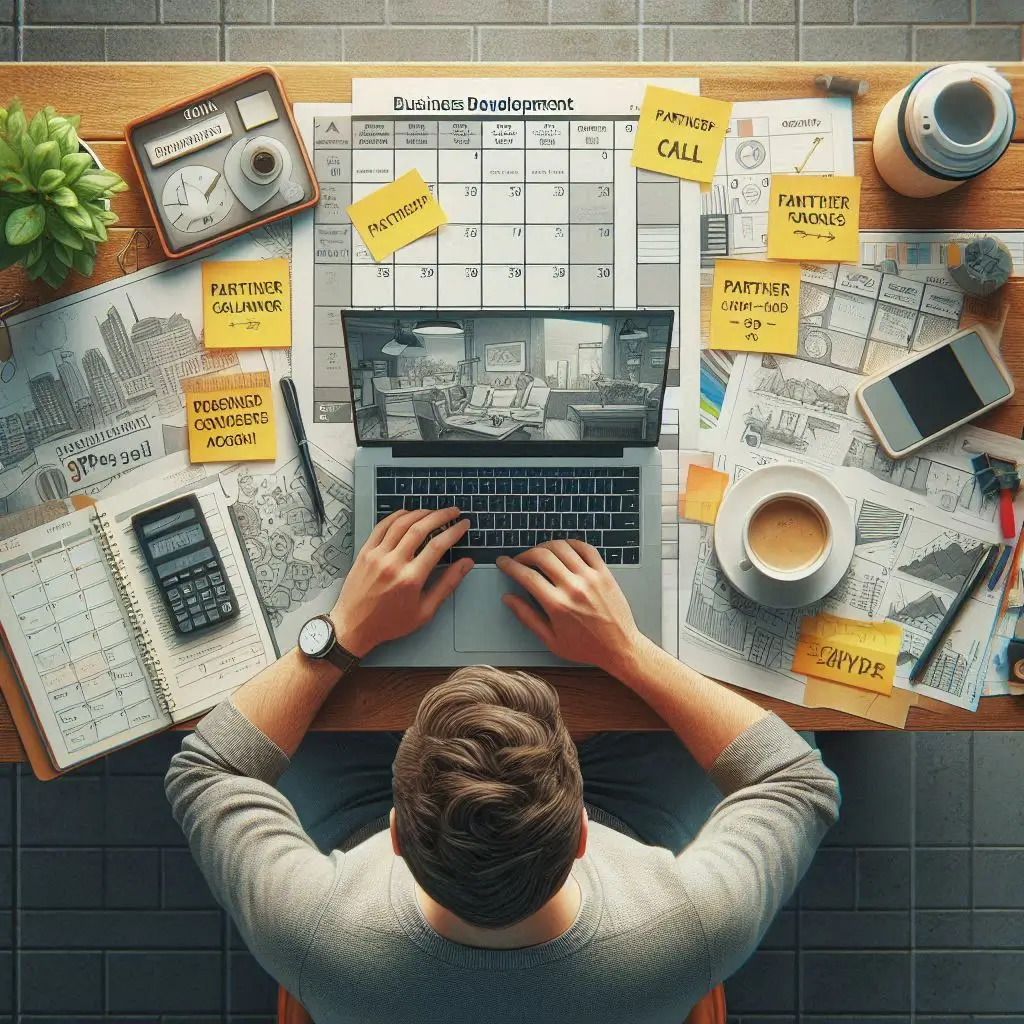This article is designed to help you through the process of making a record, you can choose how involved you want to get with the decision making at each stage but it’s best to at least be aware of what choices are available to you. As a band you can organise every part of the process yourselves or you can go to the opposite extreme and hire someone to make all of these decisions for you. I think somewhere in the middle lies a sweet spot of well informed musicians being involved in the decision making process in a healthy working relationship with the professionals. Hopefully by the end of this article you’ll be in a better position to go ahead and get your record made in the best way possible.
If you’re looking at recording an EP with your band, you may have already looked into the pros and cons of home recording. Whether you should spend say £300 on an audio interface for your computer, £300 on some decent monitors, a few hundred on a handful of basic microphones and a few other essentials, then spend as long as you like recording yourselves at home. There are even free pieces of recording software you can use to keep costs down and, assuming you already have a computer and somewhere to work, you can get a basic setup for around £1000. There is an awful lot of useful work bands can do with this sort of stuff. I’m going to put forward a few good uses and a few limitations of this option and what to do to help yourselves get the best value for money with your band’s recording project.
First of all, what is a home studio good for? I see them as a fantastic tool for writing, preproduction, and demo recording, all of which should be used as a basis for the proper recording that should take place in a professional studio. With clever use of home recording facilities you can end up with a much better result when you get to the pro studio and save yourselves money on wasted studio time.
If you are a band on a budget starting on an EP in the world we live in today the first part of the process is writing the songs. This was not always the case. With sufficient funding it was common for bands to book the studio first, go in and write the songs and record as they went, building up an album along the way. This is more like what home recording is used for these days. Very few artists can afford to do that in a real studio these days and it’s one of the most common mistakes I see from bands when they come to the studio. If you arrive with unfinished songs then you can end up paying to sit in a studio and argue with each other. Don’t get me wrong, there is a lot to be said for allowing room for a flash of inspiration here and there but if you don’t have everything planned out then you will find your studio time rapidly disappearing. Time goes very quickly while you sit there working out if the guitar solo should end after 8 or 12 bars… and shouldn’t there be another verse in here somewhere… and what were those lyrics in the 3rd verse exactly… and how did the middle 8 go back into the chorus at the end… you get the idea.
So there is a lot to be said for home recording. Use that for nailing down the arrangement of the song and making sure you’re happy with it before you set foot in the studio. Don’t see the cost of your home rig as a replacement for the cost of the studio recording, see it as way of saving money not sitting in a pro studio writing and arranging.
The next most overlooked part is the producer. Who is going to produce your record? A lot of bands don’t really give the idea of a producer much thought and generally end up booking a studio direct and self producing. Self producing essentially means that you run the project. You are in charge of how much time you book in the studio and exactly what you do with that time. If you book a studio that comes with an engineer (especially if they also own the studio) they will probably have the ability to produce your record if you ask. You may get some input from the engineer on your session but without directly asking them to produce your record beforehand they will not generally get that in depth. By the time you get into the studio it’s almost too late to ask them to produce your record. That process starts way before the session.
To self produce is to overlook one of the most useful aspects of going into a studio to record your project. A producer’s job, in a nutshell, is to work with the songs and to get the best out of the band. A good producer will help you with the arrangement of the songs in preproduction, advise on how to make those songs translate best into a recorded form, and motivate you to give the best performance whilst in the studio. In addition they should be able to run the project for you and advise on studios and personnel to use as well as schedule the session to make sure things get done on time. Crucially they should be able to give an honest and unbiased critical opinion. This is something your friends and family won’t generally do, and even if they did they might not know what advice to give. Having someone who is totally separate from the band to look at the songs can provide such a huge difference to the way they come across to a listener in the end result. A producer really can mean the difference between a good and a great record. So how do you know who to use and how much will it cost?
Let’s look at two options. You could go to a well known producer, ideally someone who has worked with bands you like. This can be a costly route to go down and you may end up paying a large flat fee plus giving away a healthy percentage in royalties, but they will have a proven track record and have the ability to give you the best of the best results. If they are really into the project you could end up with a top notch result that could be the next chart topper. Just make sure they are genuinely excited about your project if you are paying a lot of money or you might end up with not much to show for it. Interest in the project is far better motivation than money. If they are not excited by it then it will inevitably show in the end result. You can’t buy someone’s passion.
Your other option is to use a producer who is perhaps not as well known but will not cost you as much and may have a lot more time to dedicate to your project. There are a lot of very talented people out there that could be exactly the right fit for your band. I won’t discuss figures here as everyone is different but it might not cost anywhere near what you might think if you are willing to give your producer a good share of the royalties on a project. This also gives them an even bigger incentive to make the project as good as possible. The more you make, the more they make and everyone is a winner. Again, pick someone who wants to work with you, it’s so important that they really want to make the project the best it can be.
You can find producers by looking at the credits on albums from bands you like, or by searching around for producers and listening to what they have done. A lot of studios are run by producers these days so you may be able to find a studio/producer all in one by going direct to a studio. You can also use a freelance producer who does not own their own facility. They will hire a studio for the session, more on that later. I would suggest you get a shortlist of people you would like to work with, send them a demo you have recorded in your home studio and ask for some critical feedback. If they come back with ideas you like and seem to be taking the project in the direction you want to go in then they could be a good fit. Agree on a fee and royalty share before you start on the project to avoid awkward conversations and arguments at the end.
So you’ve got your songs worked out, you’ve got your producer lined up and they are helping you get your songs ready for the studio. The next stage is to get your session booked. If you’re using a producer who has their own studio then you’ll probably end up booking it there but it’s always worth looking at other options. The studio you pick for your session can have a big influence on the end result of your record. I’m going to assume that your producer is also going to be engineering your project or will arrange someone for you. If this is the case then you will be looking at dry hire of a studio. You may choose to let your producer make this decision but it’s worth at least being aware of your options and letting them know your preferences will help.
First and foremost you want somewhere that you will feel comfortable making your record. The performance of the musicians is very important to getting a great sounding record so you want to be sure you will be working somewhere you like. If you end up miserable in a tiny industrial unit when you really wanted to be out in the countryside then it will show in the end result. Different environments work for different people so consider what you really want. City centre studios will generally command a higher day rate purely out of convenience. If you’re willing to travel you can find some real bargains, don’t be afraid to look outside your local area. If you are travelling a fair distance then you will have to factor in a cost for accommodation during your session. You may want to look into residential recording studios, they will generally offer accommodation on site and this can be a really great way of working.
Other things to look for in a studio depend on the type of project you are doing and it would be wise to ask advice from your producer or from the studios themselves on whether the studio is suitable for your needs. For example if you are a rock band you will need somewhere with a great sounding live room to record the drums. However, if you are an electronic act you may be better off booking a smaller studio with a focus on a comprehensive selection of synths in the control room. Prices will range from a couple of hundred to around a thousand per day depending on huge range of factors. Generally more expensive gear and proximity to city centres will be the main contributor to the larger price tags. Remember you may be better off with more time in a cheaper studio than less time in a more expensive one. It really depends on the individual project so work out what you really need and ask for advice along the way.
How long a session should you be booking in the studio? This is another question that asks a load more back. For a typical 3-4 track EP with overdubbing all instruments you should be looking at 2-5 days for tracking with maybe another 1-2 days for mixing. This is something that depends on so many different factors that it’s virtually impossible to give advice here, your best bet is to ask around and give as many details of your specific project as you can. Things you will want to mention are the number of band members, the number of different parts in the arrangement (guitar harmonies, backing vocals etc), the length of the songs, the style of music and a list of bands you like the sound of is always helpful. Here’s an example you might use to get an idea of an estimate.
If you’re a 4 piece modern rock band (drums, bass, guitar and vocals) doing 3 songs you might expect the following from a 3 day tracking session. Day one: set up to track drums, record guide parts for the drummer to play to then get all 3 drum tracks done. You may also choose to track other rhythm section parts such as bass at the same time. Day two: track bass and some guitars for all three tracks. Day three: Finish guitar parts and track vocals. You would then likely have a break and come back for another 1 or 2 days to mix the tracks. This would be a total of 4-5 days which you can expect to cost you around £1-2k in studio time.
If you decide to track all members of the band together you might get all that done in a day but you would need to be extremely good musicians and would need a more expensive studio that could accommodate such a session appropriately. If you’re a larger band and you have keyboard parts and complex vocal harmonies then you can add more time to the process.
By this point you might be thinking it sounds like an awful lot of cash but you have to think of what you are actually getting for your money. Even a couple of hundred quid per day studio will have £10k’s of equipment for you to use and the people operating it will have years of experience. You may be able to buy your own small set up for the cost of the session but you won’t have a great sounding room to record in or anywhere near the quality of the equipment nor the level of experience required to put it all together into a professional sounding result. You will also not have the motivation to get all that done in a matter of days.
So you’ve tracked your record, you may have picked the same person to produce, engineer, and mix your record. You may want someone else to mix it. This is something you can consider just like we did with the producer in the first place. Generally once you’ve found a producer they should be able to help you find the engineers, the studio, the mastering studio, and everything else involved. The final stage of the recording process is mastering. Make sure you leave some budget for this as it’s a crucial stage and will typically cost you somewhere between £25 and £100 per track at this sort of level. The process of mastering is not always understood by the band so it’s worth a brief explanation of why it is important. The mastering process gets your tracks ready for duplication, the tonal balance and loudness between your tracks and in reference to other music in your genre will be set at this stage. This is crucial to getting the very best out of your recordings and helping them sound the way they are meant to. Don’t overlook it!
So in summary, the most important thing to take away from this is that if you spend your money in the right places and on the right things then you will end up with a fantastic, professional result. If you prepare yourselves well and are organised then professional recording does not have to cost the world. Ask for advice at every stage and listen to what they have to say. People working in studios see the same mistakes being made over and over again and they will be delighted that you asked for their advice. You will get much more done for your money and everyone will be so much happier along the way. Use your home setup for writing and get those preproduction demos ready for your producer. Once you’re ready, get out there and make real records with real people, it’s so much more rewarding than struggling through at home by yourself!
Article written by John Metcalfe of Crooks Hall.



